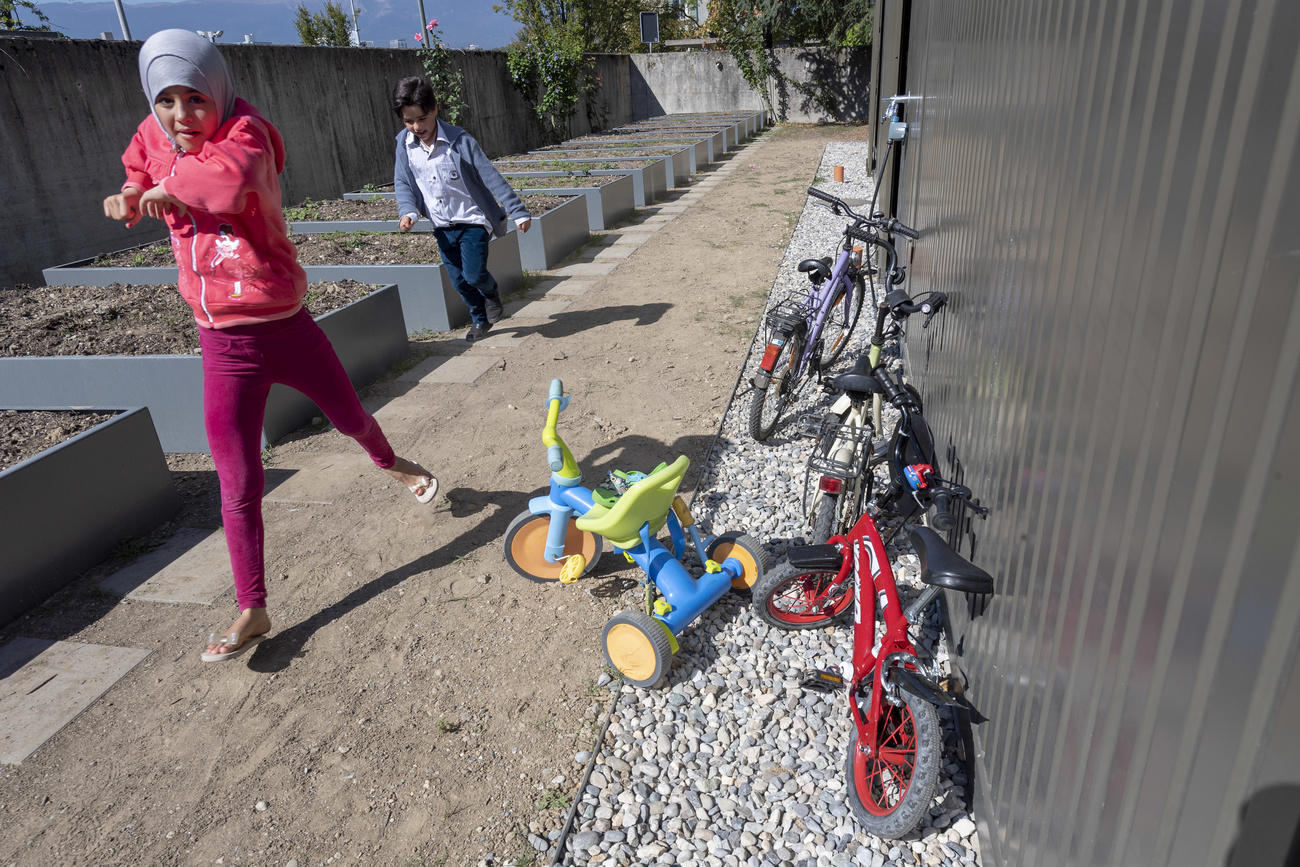
Switzerland urged to take in more vulnerable refugees

The Swiss Refugee Council is urging the government to increase its annual contingent of 800 vulnerable refugees to be resettled in the next two years.
On Wednesday the government approved this annual contingent for 2020 and 2021 as part of its participation in a UNHCR resettlementExternal link scheme.
At least 80% of these refugees must come from crisis regions in the Middle East and regions along the migration route to the central Mediterranean, according to a government statementExternal link. The remaining 20% of the contingent is to be kept for use in short-term emergency situations.
The government decided in November 2018 to continue Switzerland’s participation in the UNHCR resettlement programme. In consultation with cantons, towns and local governments, it plans to adopt a programme every two years for the resettlement of 1,500 to 2,000 refugees.
The Swiss Refugee CouncilExternal link on Wednesday welcomed the government’s decision to set regular contingents for recognised refugees but said the annual maximum of 800 for 2020 and 2021 was not enough given the record number of refugees worldwide. Millions of people are risking their lives on the migration routes or languishing in detention camps with terrible conditions, it said.

More
Swiss to continue to take in vulnerable refugees

In compliance with the JTI standards
More: SWI swissinfo.ch certified by the Journalism Trust Initiative





























You can find an overview of ongoing debates with our journalists here . Please join us!
If you want to start a conversation about a topic raised in this article or want to report factual errors, email us at english@swissinfo.ch.